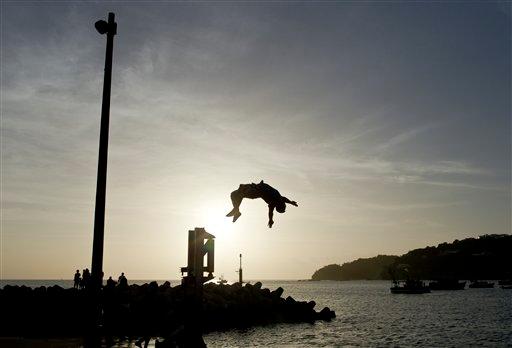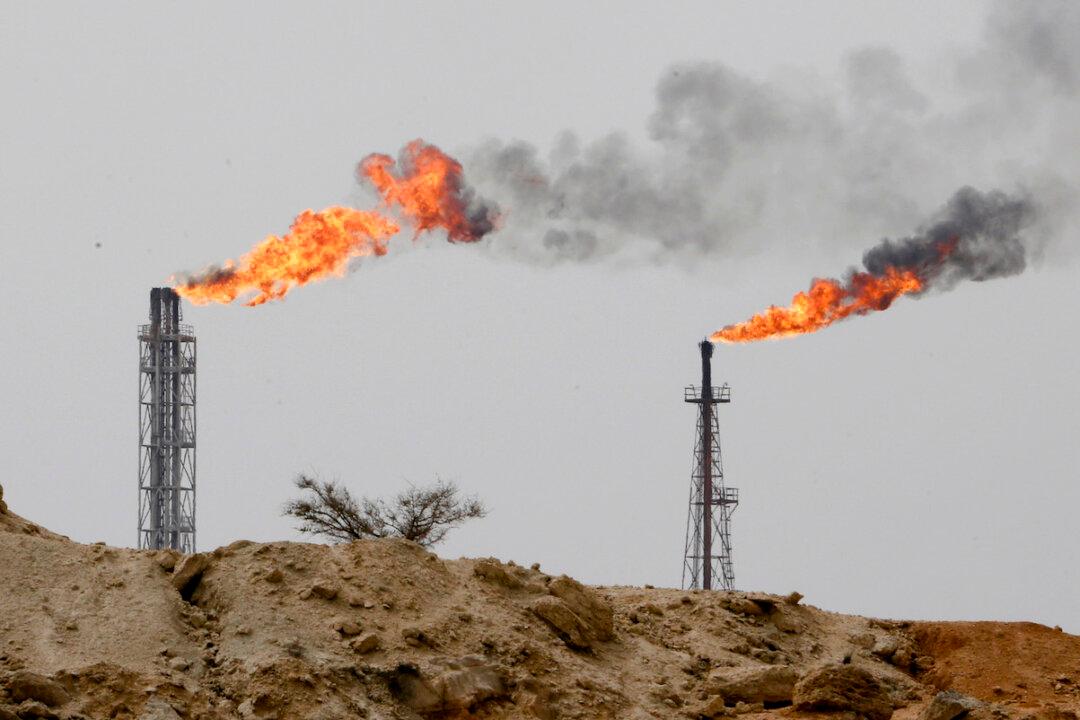Pacific Ocean cooling has put a damper on global warming over the past several years, claims a study that was released this week. The cooler water temperatures allow for more heat to be absorbed, they said.
The study, published in the journal Nature, notes that over the past 10 to 15 years, global average surface temperatures have risen slowly.
And in the Eastern Pacific Ocean, cooler-than-average water has possibly leveled off the world’s average temperatures, but scientists said that they will likely still climb higher in the future. The cooler water temperature is part of a natural cycle, the study said.
“Our results strongly confirm the role that (man-made) emissions are having on the climate,” climate scientist Shang-Ping Xie, the senior author of the study, told USA Today. “At one point over the long term, the effect we are seeing in the Pacific will stop. I’m confident the bigger increases in warming will resume.”
They note that surface temperatures have risen by 1.4 degrees Fahrenheit since the turn of the century, but basically flattened out after 1998.
“Our results show that Pacific cooling has indeed pulled down the average global surface increases seen from global warming,” Xie said.
According to NPR, Xie said that since the Pacific waters have been relatively cool, the ocean can absorb more heat than normal.
“It’s gaining extra heat during the past 15 years, and that heat is being stored” in the deeper parts of the Pacific Ocean, he told the broadcaster.
The previous Pacific cooling phase started in the 1940s and lasted for about 30 years. The ocean, Xie added, will return to having a warm phase but it’s unclear when. “And when that happens, we will be seeing unprecedented rates of climate warming,” he said.
Susan Solomon, a scientist at the Massachusetts Institute of Technology, said that the Pacific Ocean plays a role, but she questions whether it is “playing the largest role and don’t think the Pacific Ocean alone is the only place to look.”
Dan Barrie, the program manager at the National Oceanic and Atmospheric Administration, told the Guardian that the study is “compelling.”
“[It] provides a powerful illustration of how the remote eastern tropical Pacific guides the behavior of the global ocean-atmosphere system, in this case exhibiting a discernible influence on the recent hiatus in global warming,” he told the Guardian.





